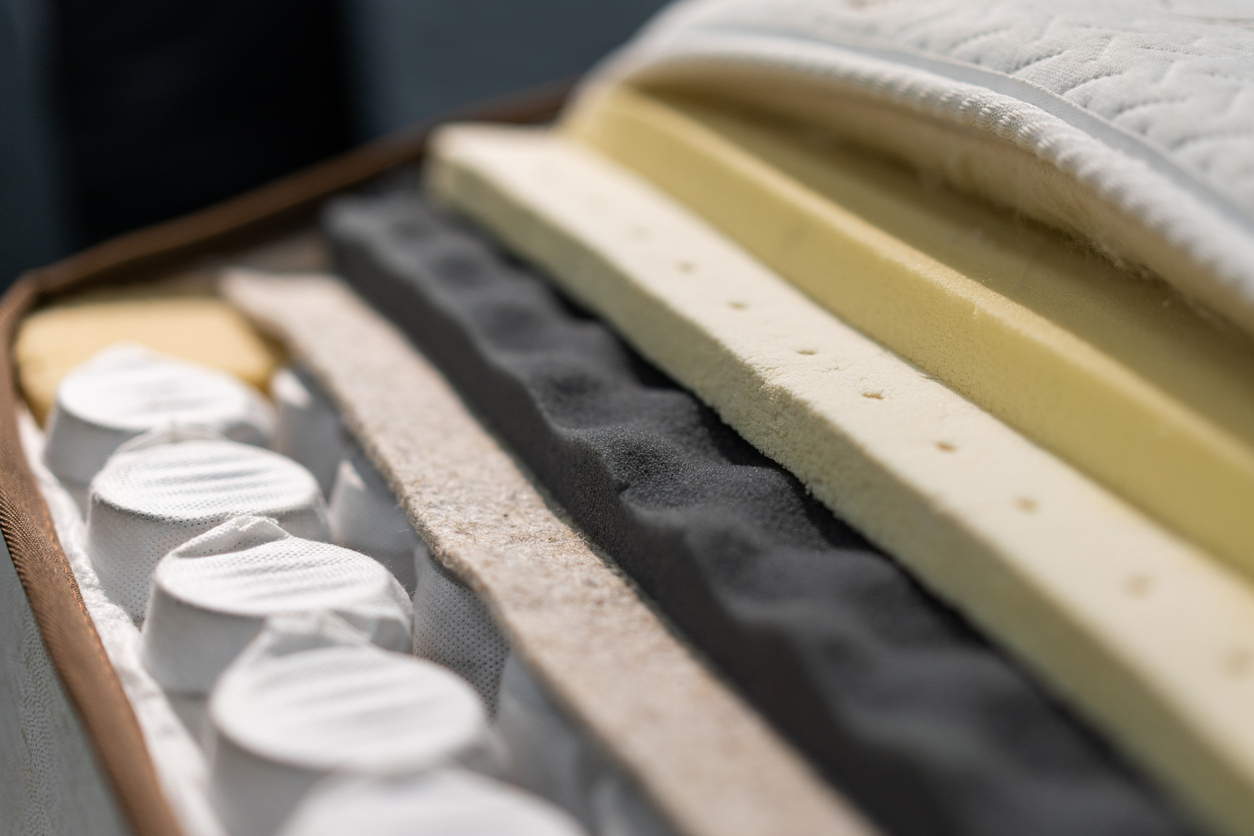Synthetic Rubber: The Modern Marvel Driving Global Industries
Rubber is a versatile material integral to various industries, from automotive manufacturing to medical supplies. While natural rubber has been a crucial resource for centuries, the rise of synthetic rubber has significantly reshaped the landscape. Derived from natural gas and petroleum by-products, synthetic rubber now accounts for 52% of annual global rubber consumption, highlighting its critical role in modern manufacturing.
At Wigmore Trading, we recognize the importance of synthetic rubber in today’s economy and are committed to supplying high-quality synthetic rubber products that meet the demands of various industries. In this article, we’ll delve into the origins of synthetic rubber, its global consumption, and the wide range of applications that make it indispensable.
What is Synthetic Rubber?
Synthetic rubber is a man-made material created through the polymerization of monomers derived from natural gas and petroleum by-products. Unlike natural rubber, which is harvested from the rubber tree, synthetic rubber is produced in chemical plants, allowing for a more consistent and customizable product. This synthetic alternative was developed in response to the limitations of natural rubber, particularly during times of scarcity, such as World War II.
Key Characteristics of Synthetic Rubber:
- Consistency: Synthetic rubber offers uniformity in quality and properties, making it ideal for applications where precision is required.
- Resistance: It provides excellent resistance to wear, heat, chemicals, and weathering, making it suitable for harsh environments.
- Versatility: Synthetic rubber can be tailored to meet specific needs, with different types offering varying degrees of hardness, elasticity, and chemical resistance.
Global Consumption of Synthetic Rubber
Synthetic rubber now constitutes 52% of the annual global rubber consumption, surpassing natural rubber due to its versatility and adaptability. The ability to produce synthetic rubber in large quantities and customize it for specific industrial needs has made it a preferred choice in many sectors, especially where performance and durability are paramount.
Applications of Synthetic Rubber
Synthetic rubber is used extensively across various industries due to its unique properties. Some of the key applications include:
Tires:
- Automotive and Aviation: The tire industry is the largest consumer of synthetic rubber. Synthetic rubber, particularly styrene-butadiene rubber (SBR) and butadiene rubber (BR), is essential in manufacturing durable and reliable tires for cars, trucks, airplanes, and other vehicles. Its resistance to abrasion and wear makes it ideal for high-performance tires.
Manufactured Articles:
- Industrial Products: Synthetic rubber is used in producing conveyor belts, hoses, gaskets, seals, and other industrial goods. These products benefit from synthetic rubber’s resistance to heat, chemicals, and environmental stress, ensuring long-lasting performance.
- Consumer Goods: Everyday items such as rubber bands, footwear, and toys are often made from synthetic rubber due to its elasticity and durability.
Elastic Thread:
- Textiles and Apparel: Synthetic rubber is a key component in elastic threads used in the manufacturing of clothing and textiles. These threads provide the necessary stretch and recovery in garments like underwear, socks, and sportswear, ensuring comfort and fit.
Carpets:
- Underlay and Backing: Synthetic rubber is used in carpet underlays and backings, providing cushioning, durability, and slip resistance. Its resistance to moisture and mildew makes it ideal for use in residential and commercial carpeting.
Surgical Protection Products:
- Medical Supplies: Synthetic rubber is widely used in producing surgical gloves, catheters, and other medical products that require sterility, elasticity, and strength. Nitrile rubber, a type of synthetic rubber, is particularly popular for making gloves due to its resistance to punctures and chemicals.
Condoms:
- Personal Protection: Synthetic rubber, particularly latex alternatives like polyisoprene, is used to manufacture condoms. These products offer similar elasticity and protection as natural rubber latex, with the added benefit of being hypoallergenic, making them suitable for individuals with latex allergies.
Benefits of Synthetic Rubber
Synthetic rubber offers several advantages that have made it a dominant force in the global rubber market:
- Customizability: Synthetic rubber can be engineered to meet specific requirements, whether for high-temperature resistance, chemical resistance, or enhanced durability. This flexibility makes it suitable for a wide range of applications.
- Consistency and Quality Control: The production of synthetic rubber allows for consistent quality and properties across large batches, ensuring uniform performance in end products.
- Resistance to Degradation: Synthetic rubber is highly resistant to environmental factors such as UV light, ozone, and extreme temperatures, making it ideal for products exposed to harsh conditions.
- Availability: Unlike natural rubber, which is dependent on climatic conditions and geographical constraints, synthetic rubber can be produced year-round, ensuring a stable supply to meet global demand.
Wigmore Trading and Synthetic Rubber
At Wigmore Trading, we are dedicated to supplying high-quality synthetic rubber products that cater to the needs of various industries. Our extensive network of suppliers and our commitment to quality ensure that our customers receive consistent and reliable materials for their manufacturing processes.
Whether you’re in the automotive industry, medical supplies, or textile manufacturing, Wigmore Trading offers synthetic rubber products that meet the highest standards of performance and durability. We work closely with our clients to understand their specific needs and provide solutions that drive success.
Conclusion
Synthetic rubber has become an essential material in modern manufacturing, supporting a wide range of industries with its versatility, consistency, and resistance to degradation. As the global leader in rubber consumption, synthetic rubber continues to drive innovation and efficiency in various applications, from tires to medical supplies.
At Wigmore Trading, we are proud to be a trusted supplier of synthetic rubber, offering high-quality products that meet the diverse needs of our clients. Whether you’re looking for materials for automotive manufacturing, medical equipment, or consumer goods, we have the expertise and resources to support your business.
Get in touch:
Interested in sourcing high-quality synthetic rubber for your business? Get in touch with Wigmore Trading today to explore our range of synthetic rubber products and discover how we can support your industry needs. Contact us via our website, email, or phone, and let’s work together to drive success in your operations.








Comments are closed.